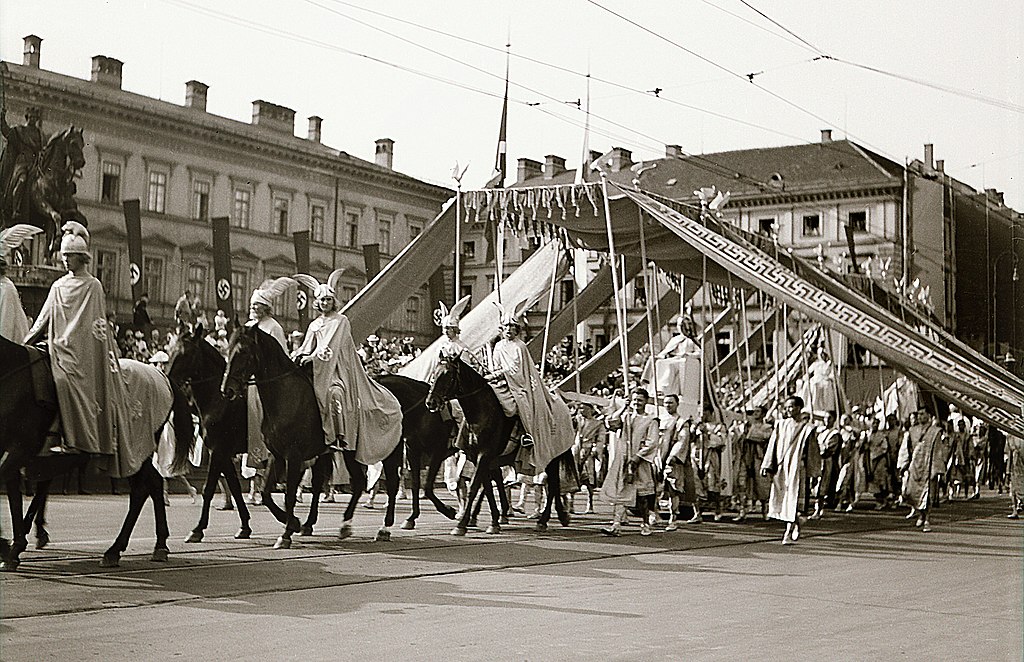Written by Charles Taylor
If you ask the modern-day Briton about the Norway campaign of 1940, you will likely be met with a blank face or a simple shrug. Eclipsed by the evacuation of Dunkirk and the fall of France, Britain’s involvement in this theatre has undoubtedly drifted into the background of British memory of the Second World War. Though little known, the campaign holds many significances for the armed forces. Erupting on 9 April 1940 with Germany’s Operation Weserübung, Norway was the first land campaign of the Second World War for Britain, the earliest meeting of British and German troops on the battlefield, the first joint Allied land operation, and the first modern sea, land and air campaign. Despite these considerations, Britain’s military involvement remains all but forgotten, condemned as a humiliating background episode and often glazed over in the history books.
Leave a Comment

